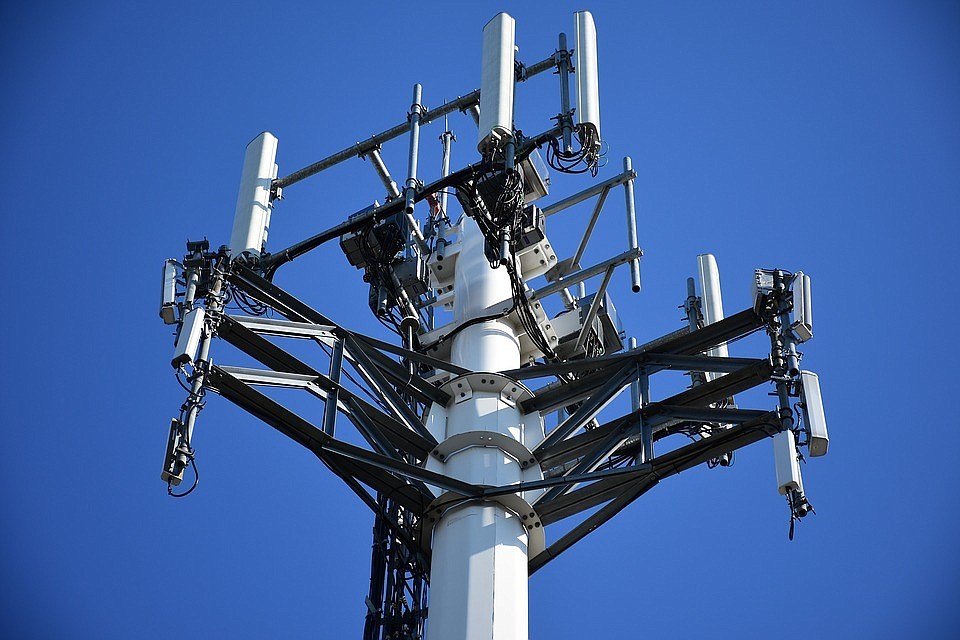- April 26, 2024
-
-
Loading

Loading

Winter Garden has created an ordinance to protect its rights-of-way to the degree permissible under new state legislation that allows wireless communication facilities to be installed within a municipal government’s rights-of-way.
The new state law, titled the Advanced Wireless Infrastructure Deployment Act, passed in the latest legislative session to the chagrin of local leaders who view the law as a threat to municipal governments’ authority.
Local leaders’ primary contention with the new law is how it limits city leaders’ ability to regulate the installation of wireless communication infrastructure on utility poles.
However, the Wireless Infrastructure Association commends the Federal Communication Commission's action on what it views as the removal of "unnecessary obstacles that stand in the way of the efficient and responsible deployment of wireless infrastructure."
Under the statute, governments are prohibited from denying construction permits on the basis of zoning regulations; can only charge telecom providers $150 per facility per year; are subject to a 60-day timeframe when making decisions regarding an application; and have limited say on the location and size of the equipment, which is intended to provide 5G cellular services in the future.
In response, Winter Garden had city attorneys study the new law and draft an ordinance that is “as protective as it could possibly be” given the regulatory restraints established by the statute.
“The way the Legislature overreached in this last session really attempted to take away a lot of our authority, and not just us, all the counties and other cities,” said Winter Garden City Attorney Kurt Ardaman. “So this is us doing everything we can by adopting an ordinance to protect our rights-of-way.”
Ordinance 17-49, as it is currently known, would make several changes to Chapter 70 of the city code to abide by the new law while simultaneously providing city leaders a modicum of control over the aesthetics and location of the equipment they suspect they will inevitably need to approve.
“The primary focus of this ordinance is to have some control over the aesthetics and location of the cellular tower equipment, and that’s it in a nutshell,” Winter Garden City Manager Mike Bollhoefer said. “If not, then you’ll end up with the ugliest stuff sitting on all the sides of our streets. And trust me, the communication companies don’t care — all they want is to get their signal out.”
Winter Garden would prefer to have the infrastructure installed underground, where it would not present itself as an eyesore, but municipal governments are prohibited from requiring it of telecommunication providers. Instead, the ordinance provides the city the ability to recommend alternative locations and establish specific design standards to hide them.
“We’re not allowed to make them put it underground — that’s the problem,” Bollhoefer said. “They’re allowed to put it on poles, so what we’re doing is making them put covers around the equipment to make it look as aesthetically pleasing as possible and limit the number of them. We don’t want it to be too cluttered or have all sorts of equipment on one pole or have them too close to each other.”
Despite having attorneys pore over the statute prior to writing the ordinance, Bollhoefer said there is a possibility a company might try to sue, but he doubts that will happen.
“Just because we believe (the ordinance) follows the state code doesn’t mean (telecommunication providers) will believe it, but I think our (ordinance) is safe,” he said, referring to the possibility of a lawsuit. “We pushed it as far as we could push it without getting into that really risky area.”